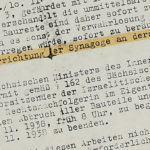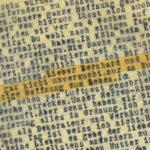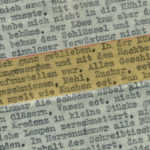Not a trace of uncle Arthur
Concentation camp as collective punishment

-
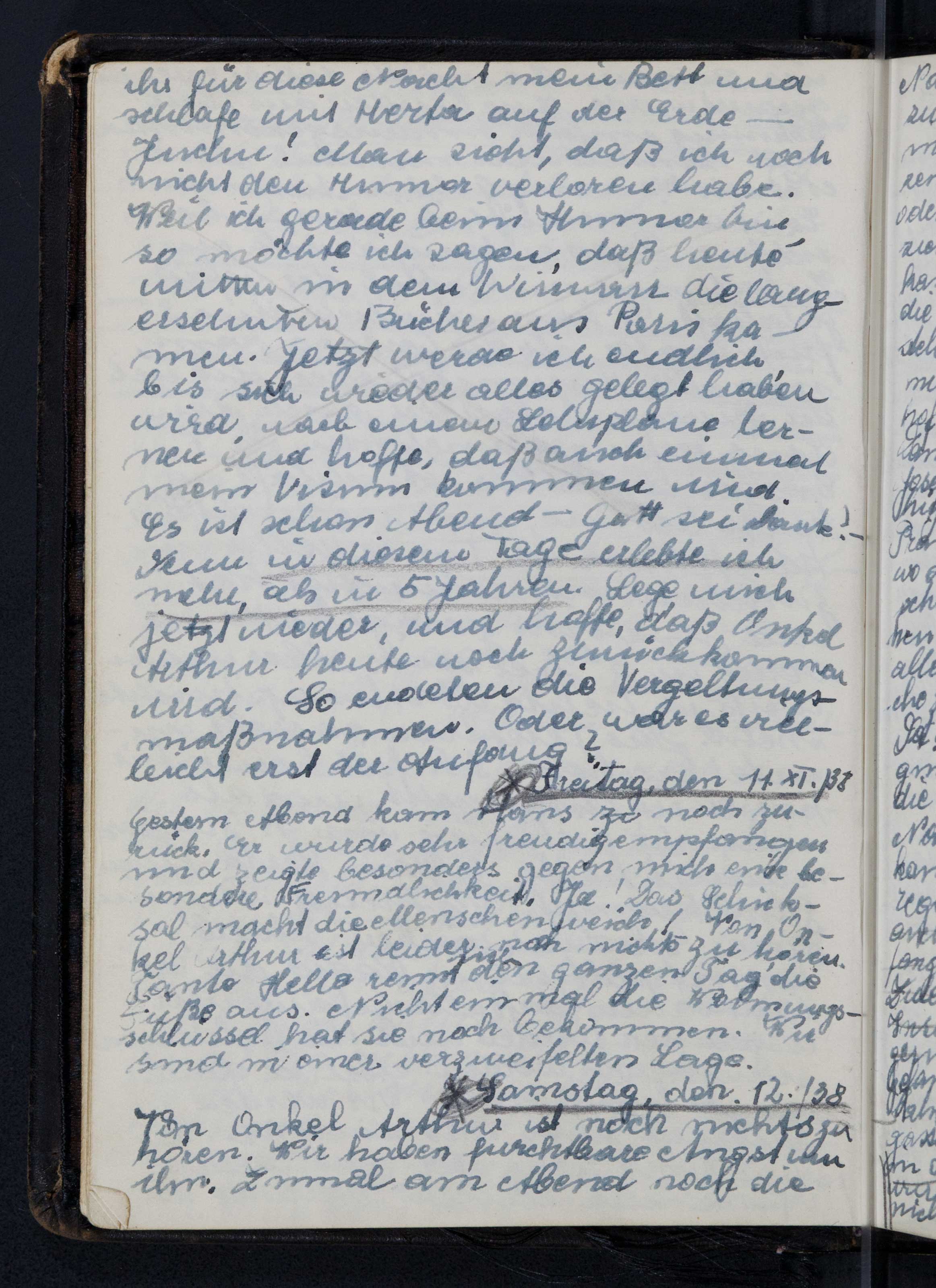
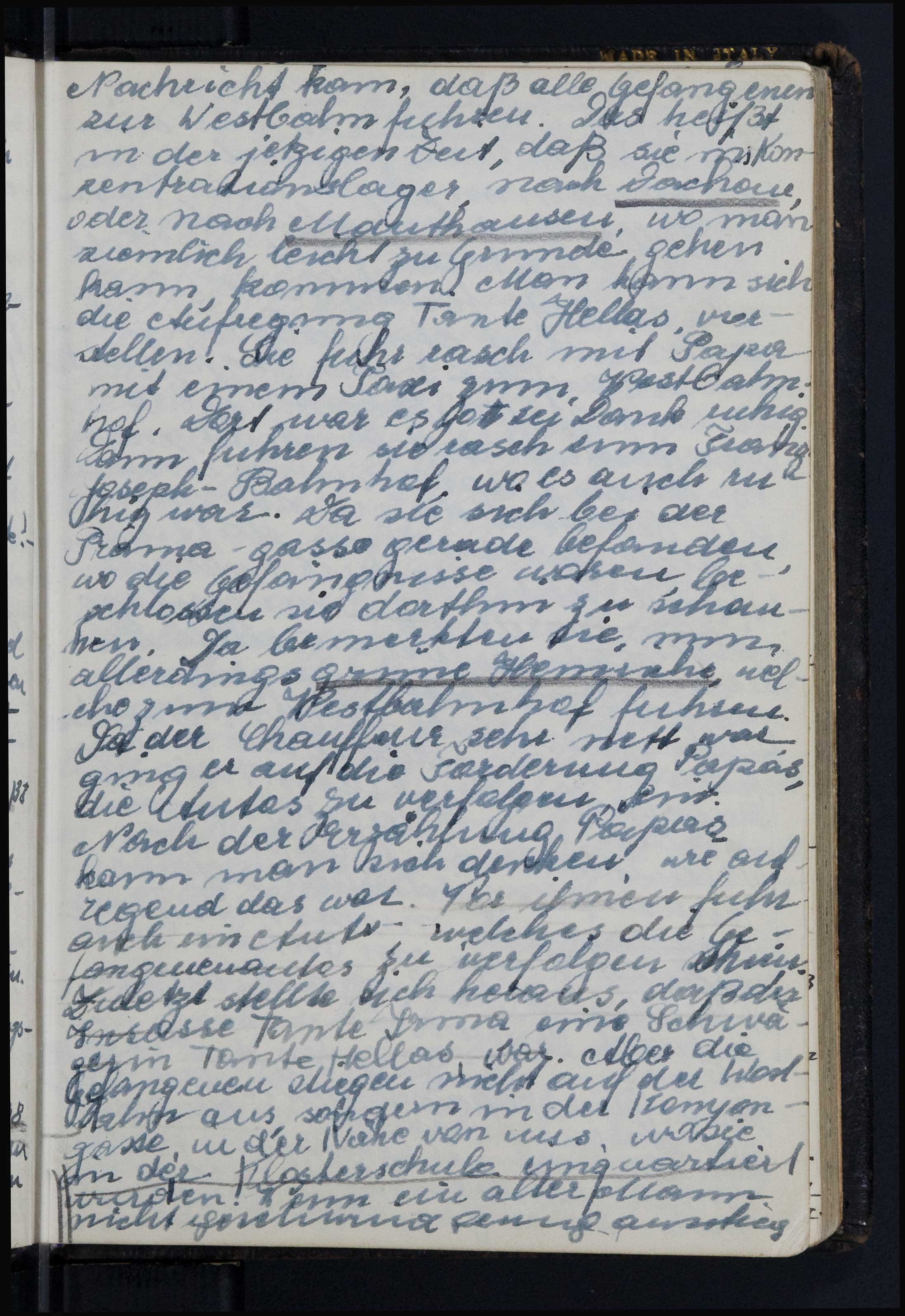
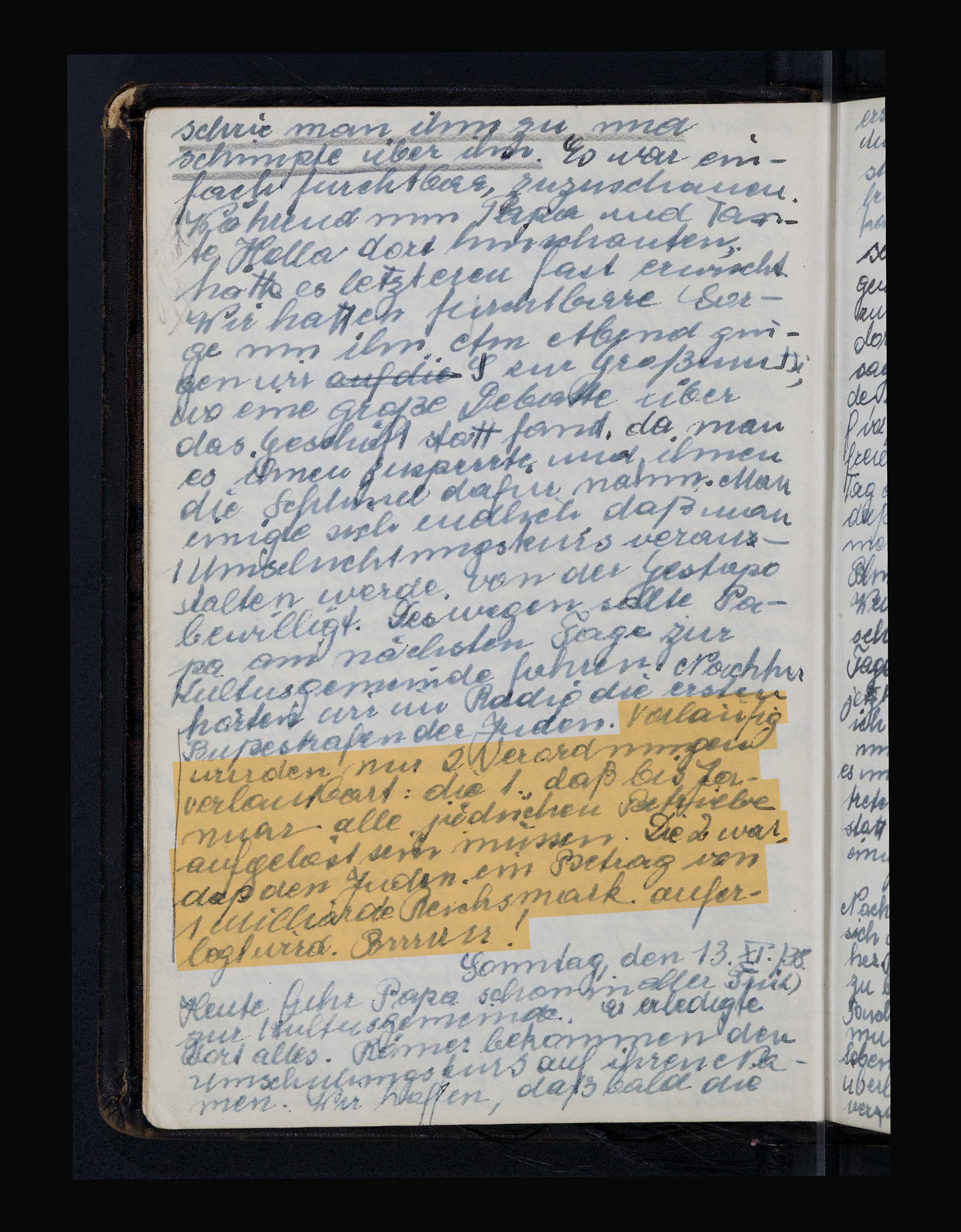
“For the time being, only two regulations have been announced: the first one was that by January, all Jewish businesses have to be liquidated. And the second, that a fine of 1 billion is being imposed upon the Jews. Brrrrrr!”
Vienna
Harry Kranner was a boy of 12 when the Nazis staged a wave of anti-Jewish violence unprecedented in scope and intensity – purportedly a “spontaneous outburst of popular rage” in reaction to the murder of an employee of the German embassy in Paris at the hand of a young Jew. However, Harry’s diary entries show that he was keenly aware of the events around him. In the early morning of November 10th, when the violent events of the night spilled over from Germany into Austria, two Gestapo officers had come to the family’s home in Vienna – ostensibly in search of weapons. Harry understood how extraordinarily lucky he was to have gotten away with nothing more than a scare. He had heard about Jews being locked into or out of their apartments. But one big worry remained: by November 12th, there was still no trace of his uncle Arthur, who had been arrested along with thousands of other Jews. Following a news report that all arrestees were to be deported to the Dachau and Mauthausen concentration camps from the Vienna Westbahnhof, Harry’s father and aunt rushed there, hoping to find uncle Arthur, but to no avail. Meanwhile, it was reported that the Jews were going to be charged a hefty penalty for the violence to which they themselves had fallen victim.
SOURCE
Institution:
Leo Baeck Institute – New York | Berlin

Collection:
Harry Kranner Fiss Collection, AR 25595

Original:
Source available in English
on the days before



Curated by Leo Baeck Institute – New York | Berlin © 2018 Leo Baeck Institute
Website and exhibition design by C&G Partners







































